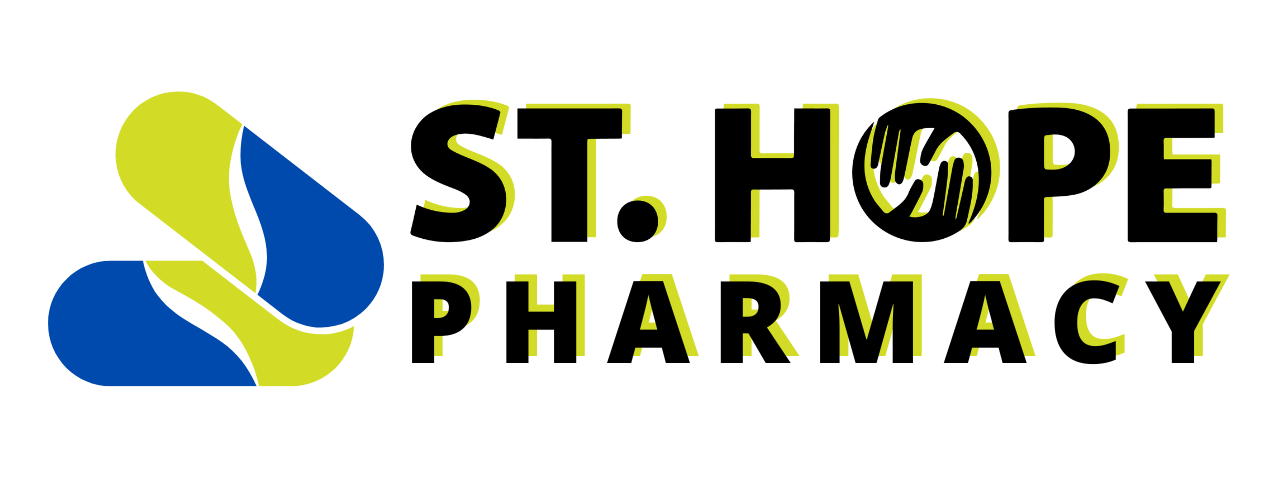What Are the Different Types of Pharmacists?

Pharmacists are crucial to providing the medications you need to treat ailments, manage chronic conditions and maintain your overall wellness. These pharmacological professionals undergo rigorous education and training to help you understand what exactly you’re taking and uphold pharmaceutical safety standards to protect you.
Patients can rest assured that any professional who has earned their registered pharmacist (RPh) license has demonstrated the knowledge and detail-oriented work ethic necessary to prepare and distribute vital prescriptions.
Bachelor of Science in Pharmacy (B.S. Pharm)
The B.S. in Pharmacy is an undergraduate degree that equips students with in-depth knowledge of all things pharmacy related. Graduates should be prepared to pursue licensure. Individuals typically complete a four-year undergraduate program with a focus on pharmaceutical sciences and clinical practice.
Once they’ve passed the pharmacy licensure examination and become registered pharmacists (RPh), graduates can dispense medications, provide patient counseling and ensure the safe use of prescribed drugs.
Doctor of Pharmacy (PharmD)
The Doctor of Pharmacy degree (PharmD) prepares pharmacists for more advanced clinical roles. PharmDs are trained to provide patient-centered care, participate in medication therapy management and collaborate with healthcare teams.
PharmD programs typically require four years of postgraduate education, including coursework, experiential learning and clinical rotations. After completing the program, graduates must pass the licensure examination to qualify for a position.
Registered Pharmacist (RPh)
The RPh designation is a licensure for pharmacists who have successfully passed the licensing examination and are allowed to practice. RPhs work in various settings, including community pharmacies, hospitals and healthcare facilities.
While the base-level requirement to take the exam is a B.S. in Pharmacy, some pharmacists choose to continue their education after earning their undergraduate degree to attain a Doctor of Pharmacy before taking the licensure exam.
Certified Sterile Compounding Pharmacist
A certified sterile compounding pharmacist is a pharmacist who’s earned a special certification in addition to their bachelor’s or doctorate in preparing sterile medications, such as intravenous solutions and other sterile products.
Pharmacists can enroll in comprehensive, application-based certificate programs designed to provide the knowledge and skills required for sterile compounding. This certification ensures that pharmacists have the comprehensive knowledge and real-world experience necessary to adhere to strict guidelines to maintain safety requirements for compounded medications.
AAHIVP (American Academy of HIV Medicine Certified Pharmacist)
Pharmacists with the AAHIVP certification specialize in the care of patients with HIV/AIDS. This certification demonstrates advanced knowledge and skills in managing medications for HIV treatment, addressing drug interactions and promoting patient adherence to antiretroviral therapy.
To obtain the AAHIVP certification, pharmacists must meet specific educational and experiential requirements related to HIV patient care. They need to be directly involved in the care of at least 20 individuals living with HIV through clinical client services, consultations, case reviews or research-related interactions with practicing frontline providers. Pharmacists must also complete 45 hours of HIV-related continuing education within 36 months before submitting their application for AAHIVP certification.
Which Type of Pharmacist Should I See?
For routine prescription needs, over-the-counter medication guidance or general health advice, consulting with a licensed community pharmacist (RPh), who may hold a B.S. in Pharmacy or a PharmD, is appropriate.
That said, for patients with complex medical conditions, multiple medications, high risks for dangerous drug interactions, medication allergies or other specialized therapy management needs, a pharmacist with a PharmD may be better equipped to help. These doctors have additional training to coordinate your care with other healthcare professionals.
If you require medications that needs to be specially prepared, such as sterile injections or customized formulations, seeking the expertise of a Certified Sterile Compounding Pharmacist may be crucial.
Individuals with HIV/AIDS should consider consulting with an AAHIVP-certified pharmacist, as they have the training and practical experience to assist with antiretroviral therapy and address any resulting side effects.
Our Experienced AAHIVP-Certified Pharmacists Can Help You Manage Your HIV Diagnosis
At St. Hope Pharmacy, our team of pharmacists, including those who are AAHIVP-certified, will guide you through your medication regime and share advice on ways to bolster your prescription’s efficacy. They can answer questions like whether to take your medication with food or on an empty stomach or what time of day they should be taken.
With full-service pharmacy locations in Bellaire, Conroe, Houston, Sugar Land and Dickinson, St. Hope Pharmacy proudly serves St. Hope patients and non-patients alike throughout the metro area. Schedule a consultation with an expert AAHIVP-certified pharmacist at your closest location today to get the information you need about your antiretroviral therapy program.


